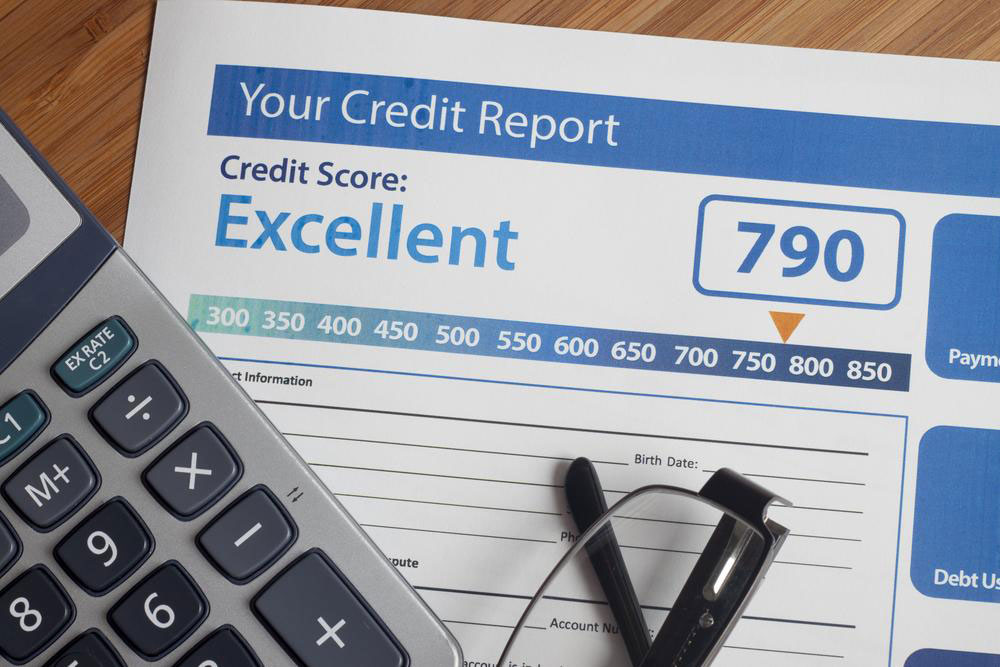Effective Tactics to Control and Reduce Credit Card Debt
Discover practical and effective methods to manage credit card debt, enhance your credit score, and achieve greater financial stability. The article covers timely payments, low-interest cards, negotiations, and budgeting tips to help reduce debt and avoid future challenges.

Effective Tactics to Control and Reduce Credit Card Debt
Using credit cards can streamline your finances by offering quick access to funds for various needs. This convenience often encourages spending, which, if unmanaged, can lead to substantial debt.
Learn essential strategies to keep your credit card debt manageable and maintain financial stability.
Pay Your Bills on Time
Aim to pay off your balances in full each month. Timely payments help avoid interest charges and support a strong credit rating. Setting up automatic payments can make this easier and prevent late fees.
Choose Low-Interest Credit Cards
Switch to credit cards with lower annual percentage rates (APR) to reduce interest costs. Transferring balances to lower-rate cards can be beneficial, but review terms carefully before making changes.
Negotiate Payment Arrangements
If you're having trouble paying your dues, communicate with your lender. Setting up installment plans or settlements can prevent default and accelerate debt reduction. Consulting a credit counselor may also help.
Offer Lump Sum Settlements
In certain situations, offering a one-time payment less than what you owe can be accepted by creditors. This approach can help clear your debt faster if you have available funds for settlement.
Use Cash for Purchases
Prioritize paying with cash or debit cards for daily expenses. Consider postponing or avoiding non-essential purchases to prevent unnecessary debt accumulation.
Select Appropriate Credit Cards
Find a credit card that matches your financial goals and spending patterns. Research options to choose those offering benefits that suit your needs without encouraging excessive spending.
Watch Your Credit Utilization
Maintain a low credit utilization ratio by avoiding maxing out your credit limit. A balanced utilization favors your credit score and shows responsible borrowing behavior.
Create and Follow a Budget
Implementing a monthly or weekly budget helps control expenses and promotes disciplined spending habits, especially for those prone to impulse buying.
Check Your Credit Report Regularly
Monitoring your credit report offers insights into your financial health. Confirm that bills are paid and catch errors early to enhance your credit management and borrowing prospects.


